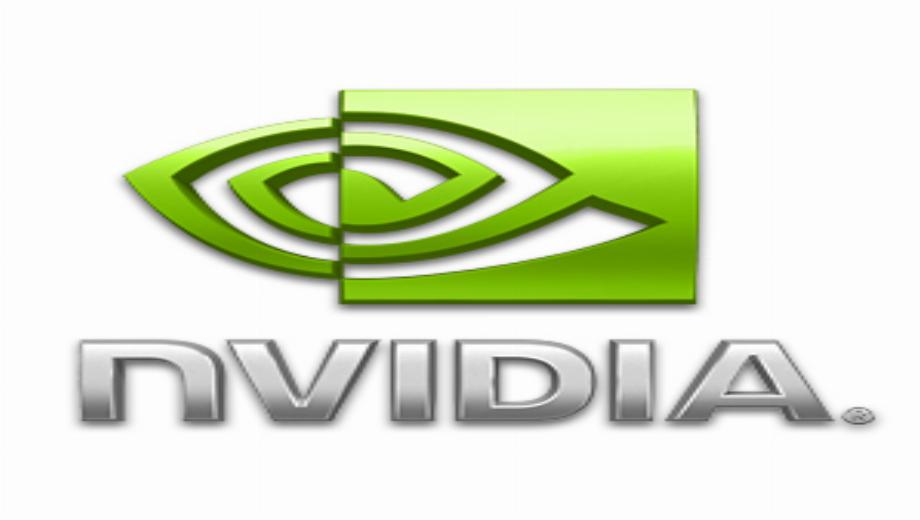Intel And Nvidia Sue Each Other

Intel and Nvidia have had agreements in place, allowing Nvidia to develop chipsets that support Intel's processors, and allowing Intel to use Nvidia's technology in their own motherboards.
All was well until Intel filed a lawsuit against Nvidia, claiming that said agreements don't allow Nvidia to build chipsets for Intel processors with integrated memory controllers, namely the Nehalem CPUs.
"Intel has filed suit against NVIDIA seeking a declaratory judgment over rights associated with two agreements between the companies," reads Intel's official statement. "The suit seeks to have the court declare that NVIDIA is not licensed to produce chipsets that are compatible with any Intel processor that has integrated memory controller functionality, such as Intel's Nehalem microprocessors and that NVIDIA has breached the agreement with Intel by falsely claiming that it is licensed. Intel has been in discussions with NVIDIA for more than a year attempting to resolve the matter but unfortunately we were unsuccessful. As a result Intel is asking the court to resolve this dispute."
Nvidia asserted that this lawsuit does not impact NVIDIA chipsets that are currently being shipped.
"We are confident that our license, as negotiated, applies," said Jen-Hsun Huang, president and CEO of NVIDIA. "At the heart of this issue is that the CPU has run its course and the soul of the PC is shifting quickly to the GPU. This is clearly an attempt to stifle innovation to protect a decaying CPU business."
Huang said that, given the broad and growing adoption of NVIDIA's platform innovations, it is not surprising that Intel is now initiating a dispute over a contract signed four years ago. Innovations like ION, SLI, Hybrid power, and CUDA threaten Intel's ability to control the PC platform.





![Romance of the Three Kingdoms 8 Remake v1.0-v1.0.8+ (+64 Trainer) [FLiNG]](https://9588947a.delivery.rocketcdn.me/wp-content/uploads/2025/11/Romance-of-the-Three-Kingdoms-8-Remake-01-464x276.jpg)

![Story of Seasons: Grand Bazaar v1.0-v1.1+ (+36 Trainer) [FLiNG]](https://9588947a.delivery.rocketcdn.me/wp-content/uploads/2025/09/Story-of-Seasons-Grand-Bazaar-01-464x276.jpg)


























